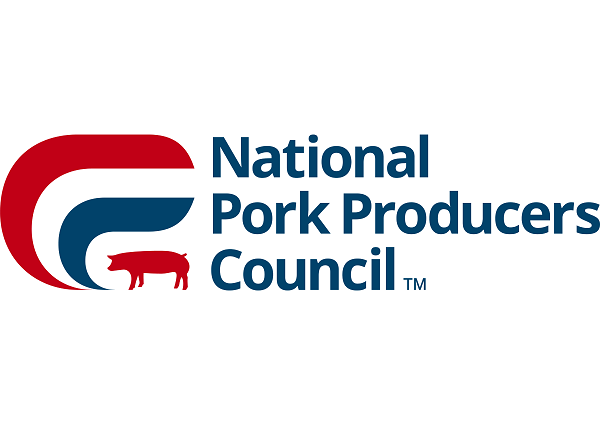
What happened: This week, NPPC and the Minnesota Pork Producers Association (MPPA) submitted testimony for the congressional record on the importance of trade to the U.S. pork industry. House Committee on Ways and Means Chairman Jason Smith (R-MO) and panel member Rep. Michelle Fishbach (R-MN), who also serves on the committee’s Subcommittee on Trade, held a field hearing in Kimball, MN, to discuss “Trade in America: Agriculture and Critical Supply Chains.”
“Free and fair trade has helped the United States become an economic powerhouse,” said NPPC and MPPA in their testimony. To maintain that position, the country must expand trade in existing markets and open new markets, and it must resolve issues, including with supply chains, that could negatively affect the ability to trade.
Why it’s important: Trade is vital to America’s pork producers, who annually export about a quarter of their total production to more than 100 countries. The U.S. pork industry exported nearly $7.7 billion of pork in 2022. Those exports equated to about $61, or 25 percent, of the value of each hog marketed last year, supported 155,000 American jobs and contributed more than $14.5 billion to the U.S. economy, according to Iowa State University economists.
NPPC’s position: In the testimony, NPPC and MPPA said trade initiatives only would benefit America’s farmers and grow U.S. exports if they address market access and eliminate tariffs on and non-tariff trade barriers to U.S. pork and other U.S. agricultural products. The organizations also pointed out several trade-limiting issues Congress should address, including:
- A lack of available agricultural laborers. The existing H-2A agricultural visa program only allows for temporary seasonal workers. Livestock farmers and packing plants need access to year-round workers.
- A proposed U.S. Department of Agriculture regulation on “Product of the USA” labeling for meat. Canada and Mexico could challenge the rule with the World Trade Organization as an unfair non-tariff trade barrier and be authorized by the WTO to impose retaliatory tariffs on U.S. products, including pork.
- Labor strife at shipping ports. Dockworkers at West Coast ports occasionally have used work slowdowns as a bargaining ploy during ongoing contract talks with port facilities owners, causing shipping delays and other supply chain problems.
- A potential outbreak of African swine fever. Detection of the swine-only disease in the United States would prompt the immediate closure of U.S. pork export markets, which would devastate pork producers and other agricultural producers.





